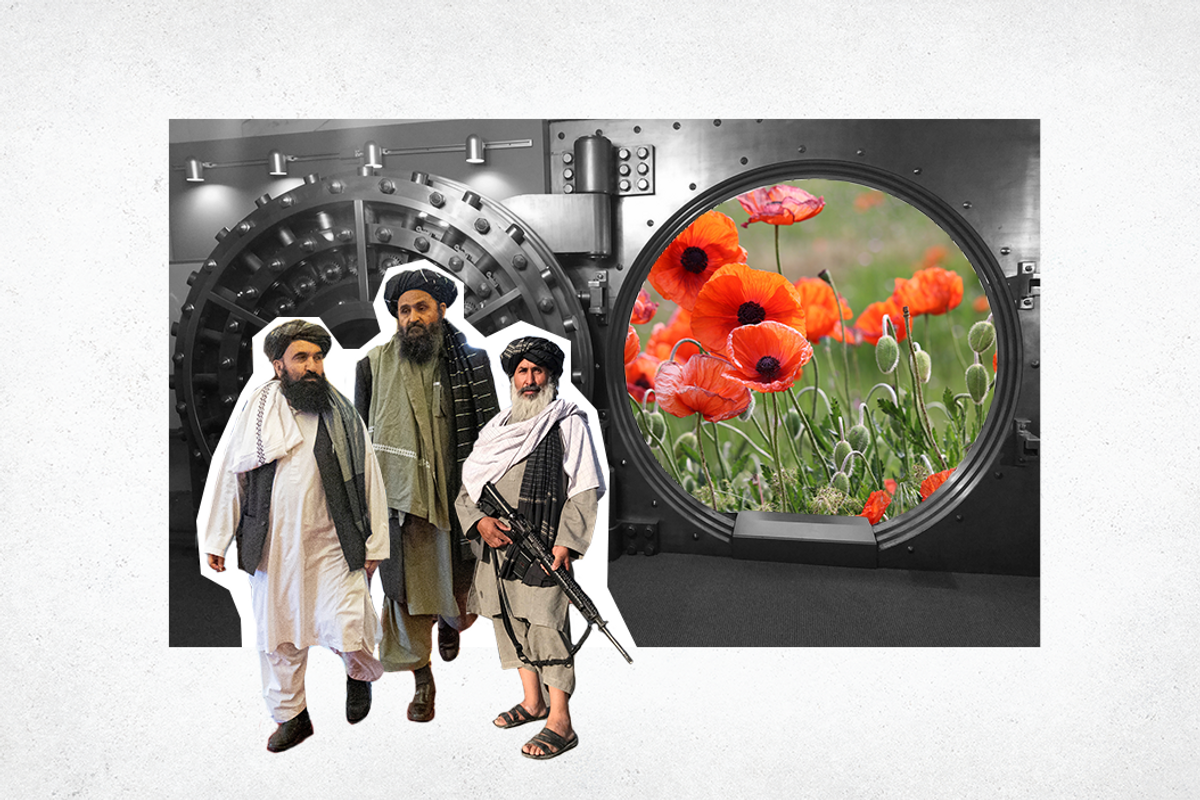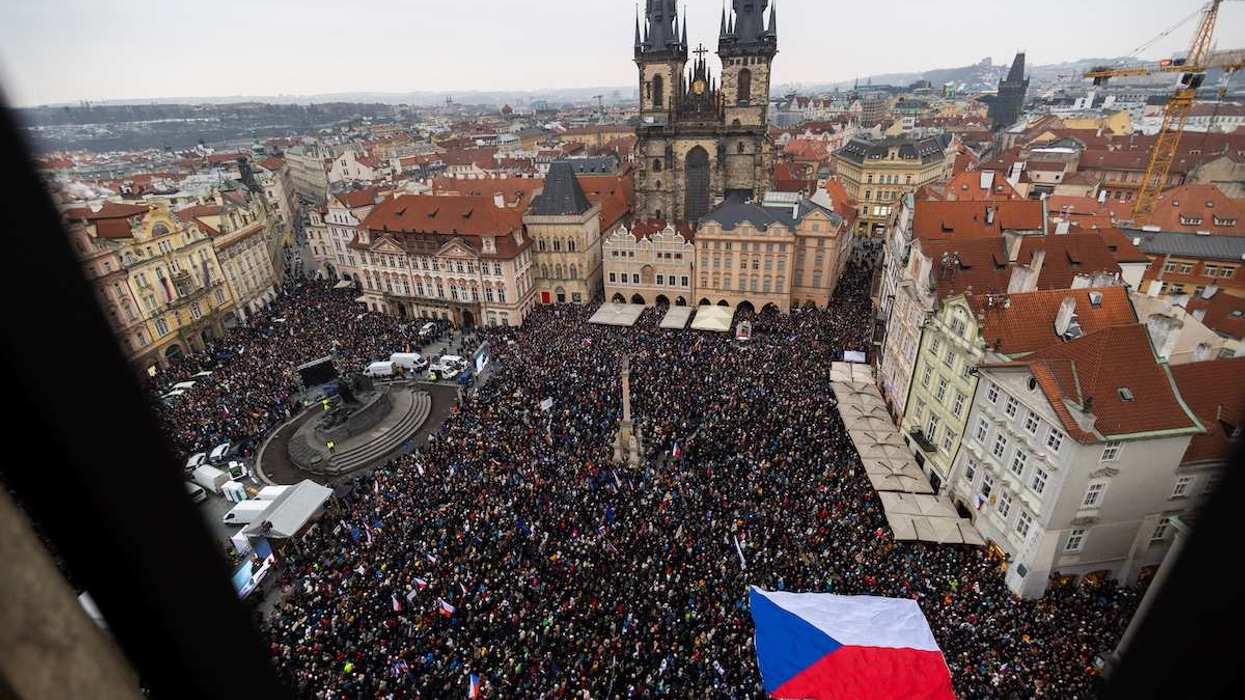Taliban ban poppy cultivation
Fulfilling a long-held promise, the Taliban have banned the cultivation of poppies, the main ingredient used in heroin and other opiates. “If anyone violates the decree, the crop will be destroyed immediately, and the violator will be treated according to Shariah law,” the group said. Afghanistan is by far the largest producer of opium, accounting for 85% of all production globally. (After the Taliban took control last year, opium production increased in the country by 8%.) Indeed, the move comes as the Taliban are vying to gain recognition from the international community as the legitimate ruler of Afghanistan and unlock millions of dollars worth of foreign reserves currently held in US banks. However, as cash runs dry from the opium trade, regular Afghan farmers who depend on the crops for their livelihood will feel the economic pain. Observers are warning of an impending calamity in Taliban-ruled Afghanistan, which is already reeling from economic collapse with reports of Afghans being forced to sell their children and organs to survive.
Another China COVID controversy
The numbers remain small by US and European standards, but China has faced record high numbers of COVID infections in recent days, and emergency measures to contain an outbreak of a subtype of the omicron variant in Shanghai has persuaded the government to take actions considered drastic even in China. Thousands of healthcare workers from neighboring provinces and about 2,000 military health personnel were dispatched to the city to help perform COVID tests on all of Shanghai’s 26 million people. State officials say that process wrapped up on Monday, but a two-phase lockdown continues as the scale of the outbreak is assessed. In the meantime, the plan has generated controversy, including across Chinese social media: A rule that anyone testing positive must be isolated from those who test negative has reportedly forced the physical separation in some cases of young children, even babies, from their parents.
Darfur war crimes tribunal kicks off
Nearly two decades after the conflict in Darfur broke out, the first war crimes tribunal kicks off this week in the International Criminal Court at the Hague. Ali Muhammad Abd-al-Rahman, former military commander of the Khartoum-backed Janjaweed militia, could spend the rest of his life behind bars if convicted on a range of war crimes, including murder, rape, and torture. Beginning in 2003, mostly non-Arab rebel groups that felt marginalized by the government of longtime autocrat Omar al-Bashir took up arms against Khartoum. Al-Bashir and his allies responded with a brutal crackdown on Sudan’s Western Darfur region that led to 300,000 deaths and displaced 1.6 million Sudanese. It has since been deemed a genocide by the United States. Al-Bashir, who was ousted in a popular uprising in 2019, is also wanted by the Hague but remains in custody in Khartoum. While this case is boosting hopes for more accountability for war crimes committed across sub-Saharan Africa in recent decades, it comes amid dashed hopes for democracy in Sudan after a joint civilian-military government was overthrown in a coup last October by former allies of al-Bashir.


















